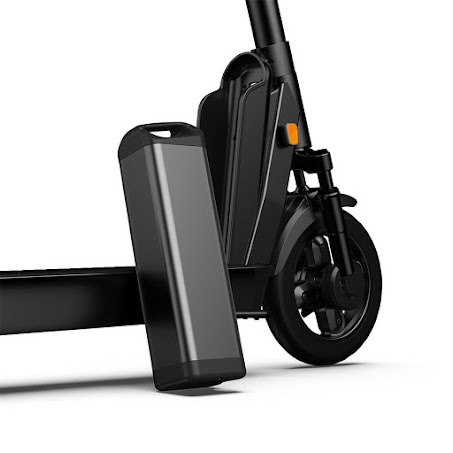How Dockless Electric Sharing Scooters Are Solving the Problem of Last-Mile Transportation?
The quest for sharing electric scooters is very old. In the past few years, electric scooter-sharing companies like Bird, Lime, Spin, Uber and Lyft have successfully capitalized on the need for sharing electric scooters to solve the problem of last-mile transportation. This simple-to-understand problem of last-mile transportation is the difficult one to solve.
There are n numbers of statistics that clearly suggest the majority of the traffic congestion in the city resorts to the last mile transportation. Just to give you an idea of that, Wikipedia reported that 46 percent of all vehicle congestion in the United States can be attributed to drivers making trips within a three-mile radius, and over 60 percent of car trips fell within the micro-mobility range, 0–5 miles.
Well, it seems like micro-mobility is a big concern.
Electric sharing scooters are seen as the only sensible solution for solving the concerns of last-mile transportation. The arrival of dockless electric scooters has addressed the problem to a good extent. That’s why electric scooters and micro-mobility seem to go hand in hand.
Here is how dockless electric scooters solve the problem of last-mile transportation:
Scooters can be rented anywhere
The USP of the dockless electric scooter sharing business model is that electric scooters can be rented from anywhere. The very meaning of the dockless is that electric scooters do not have a fixed home location. They can be dropped off and picked up from certain locations in the service area. You will often find the scooter parked on the sidewalk. All you have to do is go to the electric scooter sharing company mobile app, unlock the scooter, and drop it off at any location within the service area. On top of that, it is affordable to rent an electric sharing scooter, which encourages users to use scooters for last-mile transportation.
Reduce the traffic congestion
E-scooters reduce the traffic congestion in the cities to a significant extent. As discussed earlier, more than half of the private vehicles on city roads are for micro-mobility travel. Electric scooters provide a great way for last mile transportation. The compact design of electric scooters allows you to go through the narrow spaces while avoiding traffic congestion. Also, when people commute using rental electric sharing scooters it reduces the number of private vehicles on the road, resulting in the reduction of traffic congestion.
Reduces carbon emission
The biggest positive of electric scooter sharing is that it reduces vehicular carbon emission significantly. Battery-powered scooters run on electricity and do not burn fossil fuel to generate carbon dioxide. This reduces carbon emission. Not just that, it reduces the number of private vehicles on the roads which eventually reduces carbon emissions.
So, these are the major reasons behind the popularity of dockless electric sharing scooters to address the problem of last-mile transportation.
The global scooter market is expected to be valued at 300 billion to 500 billion dollars by 2030 and the European demand for scooter-sharing systems is expected to grow 26.2 percent annually through 2025. If you are planning to enter into the micro-mobility business, you can partner with Okai to manufacture and supply the top sharing electric scooters and bikes for your business.




Comments
Post a Comment